Ready to learn more?
Get all the details straight to your inbox!
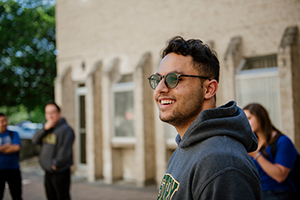
Every degree program at Luther College offers a study abroad option and an optional experiential learning component where you gain real world experience and get paid while going to school!
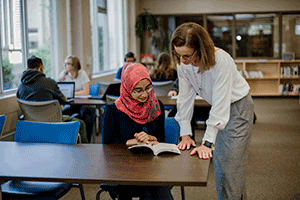
Luther College is recognized for its high standards of teaching, focused research, and one-on-one academic advising. We value and protect this heritage of excellence in scholarship, freedom of inquiry, and faithful seeking after truth.

Luther College students are eligible for nearly $100,000 in academic awards – in addition to scholarships and bursaries awarded by the U of R.

Luther students can register in Arts, Science, or Media, Art, and Performance. Luther students are U of R students and receive a U of R degree.

Living in The Student Village at Luther College, our student residence, comes with a choice of healthy, nutritious meal plans. That means no grocery shopping, no meals to cook, and no dirty dishes to worry about. You can focus on your studies and wellness!

Smaller class sizes at Luther College means more individualized attention and better connections with your professors, classmates, and academic advisors.
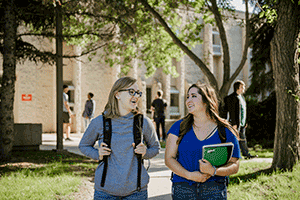
Luther College is a great choice for high school to university transition. Enjoy all the benefits of a larger campus, without feeling lost in the crowd. Our community is full of caring mentors and peers to ensure a positive student experience.
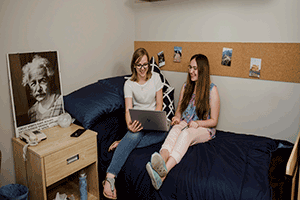
Our student residence, The Student Village at Luther College, welcomes residents from ALL post-secondary institutions in Regina. Rooms come with a meal plan, free laundry, free wi-fi, and a great sense of community.
Get all the details straight to your inbox!
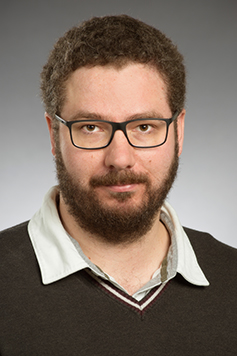
Dr. Michael Horacki received his B.A. (Honours) in English from the University of Regina (2008), his M.A. in English from Queen’s (2009), and his Ph.D. in English from the University of Saskatchewan (2019) with a specialty in Literary Theory.
Dr. Horacki’s research interests include assemblage theory, modernism/modernity studies, British interwar fiction, and mass media. His dissertation, Memory, Interpellation, and Assemblage: Multivalent Assemblage in the Novels of Virginia Woolf, George Orwell, and Evelyn Waugh (2019), examines the relationship between individual and group identity in the fiction of the three authors. His current work expands on his dissertation project, focusing on the relationship between unstable social positions and individual identity following WWI, the threats posed to individual subjectivity by modernity in interwar fiction, and attempts to use collective memory and history to form stable identity in the face of the Displaced Persons crisis at the end of WWII.
ENGL 100 – Critical Reading & Writing I
ENGL 110 – Critical Reading & Writing II: Mass Media and Misinformation
ENGL 100 & 110 – Online Sections